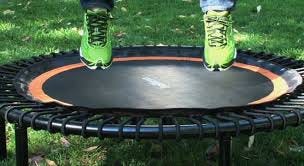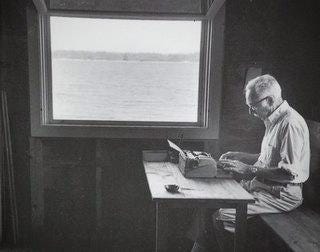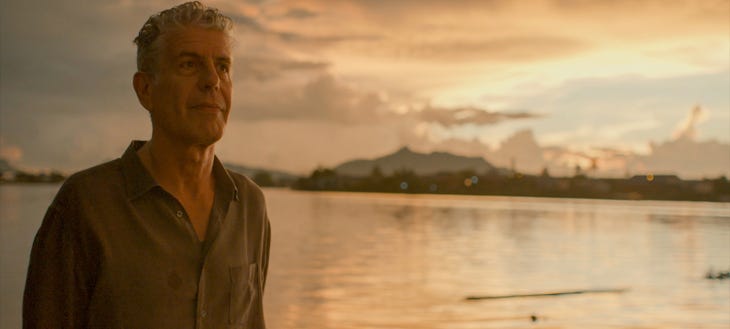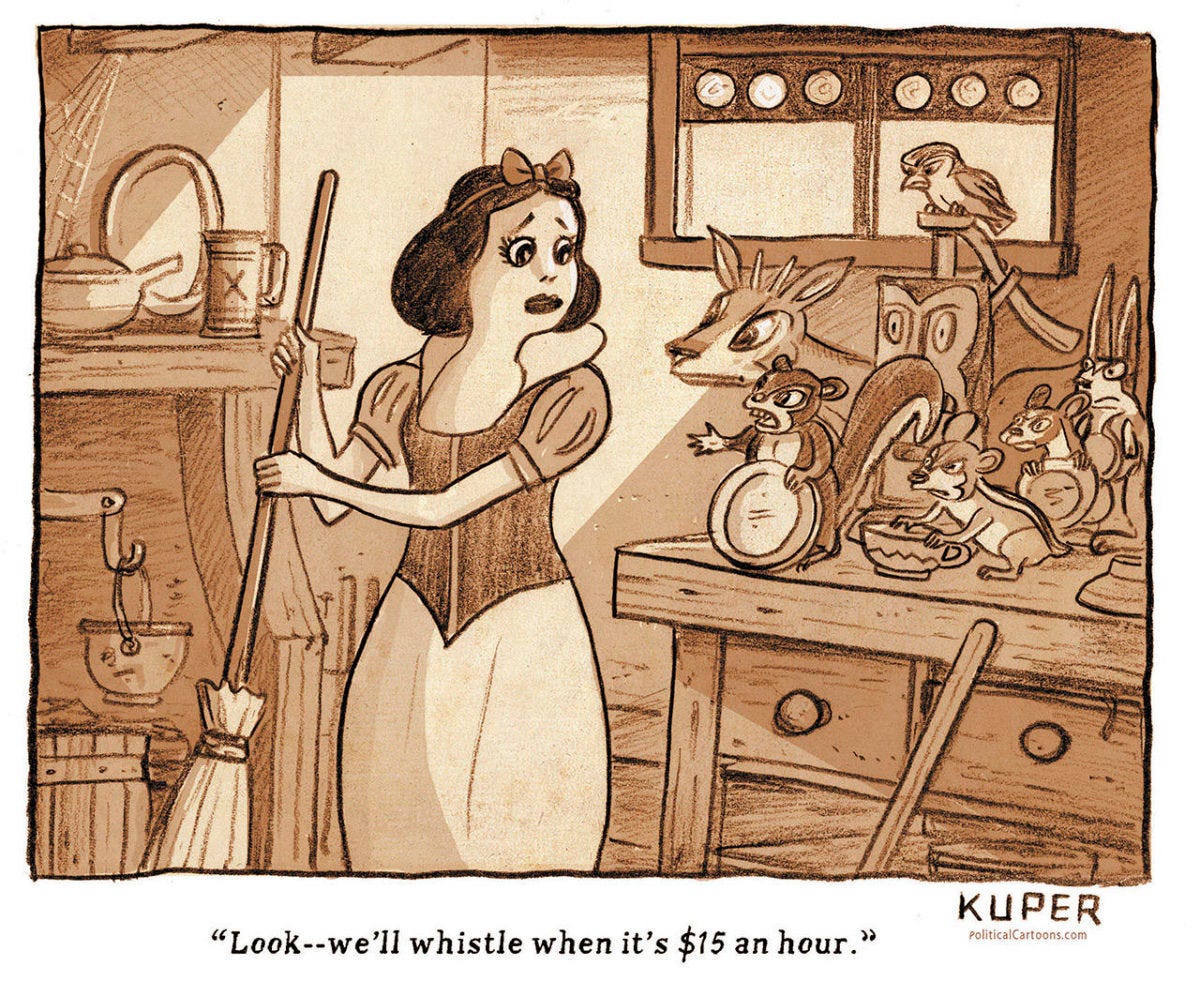In this week’s Friday Follies I’ve gathered a collection of things for you, none of them having to do with the other, and none of them chosen for any other reason than that they grabbed me. I hope you enjoy them as much as I did!
Last week Rebecca Kuder posted the link to this story in a private Facebook group we both belong to, and I couldn’t get it out of my mind. If I had to describe it to you I would botch it so badly you probably wouldn’t want to read it. And that would be a shame, because this slight story is so full of humanity it’s positively bursting.
But read it for yourself. You’ll see what I mean. It’s called “A Trampoline” and it’s in the LA Review of Books.
If you’ve got a minute let me know what you think about this piece and the other stories below.
I was in an online conversation lamenting about the sorry state of trains these days, when someone wrote that passenger service could be a thing again, now that “Amtrak Joe”, a huge proponent of trains and arguably their most dedicated passenger, may possibly find funding to get them on track again. (Biden rode the train back and forth from DC to Delaware almost every day that he was a senator. He wrote about it here in 2010.)
So since I was in the mood, I went looking for some inspirational railroad essays, and found just what I was looking for. Or almost.
I love so much of what E.B White wrote (including Charlotte’s Web), and his essay, “The Railroad” would have been no exception if I had access to it via The New Yorker. (They want me to subscribe in order to read their archives but I’m not ready.) It’s an essay E.B wrote in 1960, when the space age was new and exciting and rail travel was already in decline.
But luckily, Joe Bonomo, over at No Such Thing As Was, wrote a review of the essay and quotes E.B enough to make me salivate. I loved this line from Bonomo himself:
Every generation laments its own obsolescence, owns an anxious litany of disappearing things and ways of life. For White it was the passenger train, which told its own local time and required that we slow down with its own slowing, around bends, across rickety tracks, as we savored what we saw out the windows, gliding along, unhurried.
I would love to see trains come back. I fell into a kind of grief when they began tearing up tracks, seemingly willy-nilly and wholesale, and I recognized the bitter end when Rails to Trails took over the railbeds. The trains, I was sure, would never return. (Yes, I know it’s an admirable project. Don’t come at me.)
Every time I see a vast line of trucks blocking traffic, burning up fuel, and tearing up the roads, I wonder at the foolishness of a country so shortsighted it couldn’t grasp the safety and efficiency of freight-by-rail.
Our skies are congested, our airports crowded, and air travel is a nightmare.
So here’s a solution: Bring back the trains!
You all know how much I love Twitter, right? I’ve written about it before and nothing has changed. So when I saw Caitlin Flanagan’s piece in the Atlantic, You Really Need to Quit Twitter, I saw red! What?? Who is this person and how dare she tell me to quit Twitter!
I went in fuming and came out laughing. The backstory: Caitlin decides she needs a break from Twitter and makes a pact with her son that she must stay away for 28 days. He makes her sign a contract, changes her password, and refuses to tell her what it is.
Here’s a bit from it:
… after about a week I wanted back in. I knew the place was still hopping, because friends would email me updates that drove me wild with the need to comment. The writer Naomi Wolf was permanently banned from Twitter for her imperious anti-vaxxing during my absence. It was as though Twitter had thrown a cloth over her parrot cage—the chattering suddenly stopped, and she was silent. But I had thrown a cloth over my own parrot cage, so I couldn't crow about it. Someone sent me news that the New York Times columnist Paul Krugman had written about “leprechaun economics” and the Irish ambassador to America had taken the bait and complained. It was a cultural moment that (in my opinion) screamed out for Caitlin Flanagan, but where was she? I texted the editor of this magazine: “Paul Krugman's after me lucky charms!” The editor texted back, “I wish I knew what this meant.”
Anthony Bourdain died by his own hand just over three years ago, on June 8, 2018, mere days before his 62nd birthday on June 26. Friends and fans now celebrate his birthday as “Anthony Bourdain Day”, using the hashtag on Twitter and posting videos and commentary to honor him. On his birthday this year somebody posted the link to the very first story he ever had published. It was in 1999, it was in The New Yorker, and it set him off on his road to fame.
Bourdain was a force, nobody could deny, but he may have had as many detractors as he did admirers. I was sort of ho-hum about him. I watched his show now and then but I wasn’t a huge fan. There was a kind of phony bravado, a need to shock or go against the grain, that was grating to me. Still, his death was unsettling and I wondered, too, what could have made him do it? I don’t think anyone really knows, but when I read the piece I’m about to link to, my admiration for him as a writer overshadowed anything I felt about him as a traveler or a chef.
I read somewhere that he was a nervous wreck over writing it, since it was his first published effort and he didn’t see himself as a writer, but the piece is fearless and seamless and pretty extraordinary for a newbie.
I wish he could have calmed his demons. I wish he could have seen himself as a person and not just a personality. But there’s no doubt he left his mark, and this one article in The New Yorker started the whole thing off. It set him apart and told the world this was someone to watch.
And here’s a clip:
I love the sheer weirdness of the kitchen life: the dreamers, the crackpots, the refugees, and the sociopaths with whom I continue to work; the ever-present smells of roasting bones, searing fish, and simmering liquids; the noise and clatter, the hiss and spray, the flames, the smoke, and the steam. Admittedly, it’s a life that grinds you down. Most of us who live and operate in the culinary underworld are in some fundamental way dysfunctional. We’ve all chosen to turn our backs on the nine-to-five, on ever having a Friday or Saturday night off, on ever having a normal relationship with a non-cook.
Cartoon of the week:









